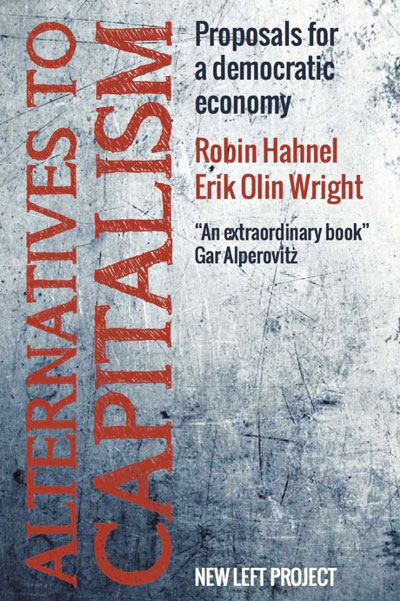QUESTION: Marty, you have written many times how everything is connected and how in Asian culture that is the foundation of all understanding. Why is it so hard in the West to comprehend this fundamental concept?
All the best
GD
ANSWER: I think it is all part of the idea that we can alter society forcing it to do as we desire. Politics is based upon this. Socialism is all about robbing one class to benefit the other. There is no comprehension that everything is connected and this permeates analysis as well. This is not my personal discovery for many have seen these connections in Eastern Philosophies. I think in economics, politicians are not interested in such realizations for it means they are not the masters of the universe.
You take Obama’s policy against Russia. He has effectively been disrupting everything around Europe and the consequences are pouring in refugees to Europe and his sanctions have hurt European farmers and the economy. It is not deliberate, but it is reckless for there is no recognition of how everything is connected.
Every action has a consequence. We have the Fed lowered rates to help the banks. But that crisis is over and the consequence has been to create the next crisis – the defaults of pensions and insurance companies that required high interest rates. So many regulations required pension funds to own government bonds. The regulations have set the stage for the next crisis.
We cannot escape this connectivity. Whatever action we take has a consequence. It is impossible to manipulate markets and the economy for there will always be unintended collateral damage. We are living in the era that will bring about a collapse of socialism precisely as took place in communism. Government is incapable of ever managing society for they cannot escape the inter-connectivity.



 It is said that capitalism believes in competition but hates competitors. With this thoughtful book, Robin Hahnel and Erik Olin Wright aim to strengthen the resources of anti-capitalist politics against the charge that ‘there is no alternative’. While there is a debate on the left over the value of engaging in utopian planning of the kind represented by this book, Hahnel and Wright present their approach as supporting radical politics, building confidence rather than distracting from current struggles. The thinking and action inspired by real-world examples (such as participatory budgeting in Porto Alegre) underlines the point. We need concrete inspiration; we need to believe that ‘another world is possible’. In Erik Wright’s words, ‘We need … utopian longing melded to realist thinking about the dilemmas and constraints of building viable alternatives to the world as it is.’
It is said that capitalism believes in competition but hates competitors. With this thoughtful book, Robin Hahnel and Erik Olin Wright aim to strengthen the resources of anti-capitalist politics against the charge that ‘there is no alternative’. While there is a debate on the left over the value of engaging in utopian planning of the kind represented by this book, Hahnel and Wright present their approach as supporting radical politics, building confidence rather than distracting from current struggles. The thinking and action inspired by real-world examples (such as participatory budgeting in Porto Alegre) underlines the point. We need concrete inspiration; we need to believe that ‘another world is possible’. In Erik Wright’s words, ‘We need … utopian longing melded to realist thinking about the dilemmas and constraints of building viable alternatives to the world as it is.’

 Alan Greenspan in the mid 1970s – although he later turned out to be a sell-out, his understanding of economics undoubtedly dwarfed that of his successors at the Fed (and we are not just saying this based on the essay discussed here).
Alan Greenspan in the mid 1970s – although he later turned out to be a sell-out, his understanding of economics undoubtedly dwarfed that of his successors at the Fed (and we are not just saying this based on the essay discussed here). Saints preserve us! Now she wants to “save the planet” too. Ironically not even the reds and professional scaremongers are happy with her “climate change” contortions (as seen in
Saints preserve us! Now she wants to “save the planet” too. Ironically not even the reds and professional scaremongers are happy with her “climate change” contortions (as seen in 

